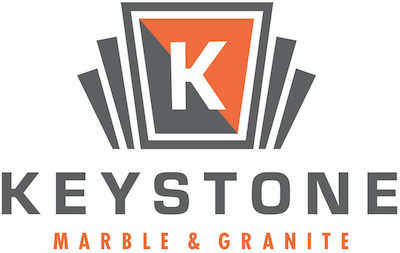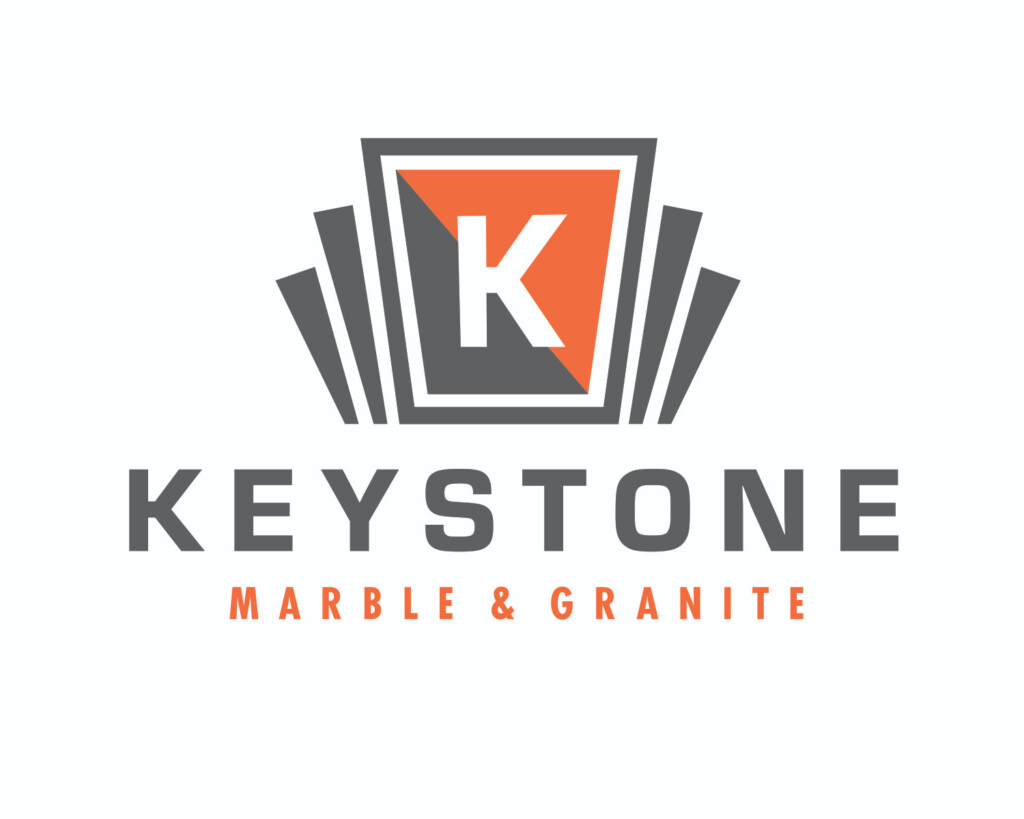Engineered and natural stone countertops not only make your kitchen, bathroom, and outdoor spaces fully functional, they also add value to the home. Any type of stone is the most durable of countertop materials, and often requires the least maintenance. However, they can still sustain damage, so you must take reasonable care to keep them in good condition.
You will find instructions for maintaining specific type of stone kitchen countertops, but here are general guidelines for all types of stone.
Granite itself is impervious to heat, but not the sealer. Most other types of stone also sustain some type of heat damage. You want to keep anything very hot such as pots and just-used hairdryers from direct contact with the surface. Use a heat pad or trivet for kitchen counters, and a handy hook for your hot hair implements. Allow some space between slow cookers and the stone surface, as this exposes the stone to heat over a prolonged period.
Avoid stepping or sitting on stone kitchen countertops, especially near the edges where there may be less support. Micro fissures are common in natural stone, and even engineered stone may develop it over time. Placing heavy weights on these areas may cause the stone to crack.Wipe or blot any type of spill as soon as it happens, and make sure you rinse and dry it off afterwards, especially if it is some type of acid. Wine, coffee, and orange juice can etch or stain marble and other types of natural stones if left long enough, even if the stone is sealed.
Granite and engineered stone can handle slicing and chopping directly on the surface, but it is a good idea to use a chopping board instead. A chopping board is easier to clean, and it is probably cleaner than your countertop as well.
Natural stones get the sealer treatment after installation, but the seal does not last forever. You can check periodically if the seal is intact by doing a water bead test and apply a sealer yourself. In general, light colored stone requires more frequent reapplications than dark colored stone.
Granite Countertops
Granite is extremely popular for use as kitchen countertops, primarily because they come in such beautiful colors and patterns, and they are extremely durable and scratch-resistant. As a natural stone, no two slabs are the same, so this characteristic makes it even more desirable. Granite is generally food-safe, and a sealer ensures it is virtually stain-proof.
You want to clean your granite countertops daily to keep them in top condition. Avoid anything with harsh chemicals or abrasives to keep the seal from becoming dull from tiny scratches on the surface. Instead, put a teaspoon of dishwashing detergent and about a liter of clean water in a spray bottle and shake to combine. At the end of the day, give your countertops a quick dose of the cleaning solution and wipe it dry with a clean, soft cloth.
Removing stains
If your granite counters somehow get a deep or persistent stain from something like red wine or coffee, you can use a poultice to lift it out of the stone. You can buy a prepared poultice or make your own. For a homemade poultice, mix baking soda with enough hydrogen peroxide to give you a thick paste, rather like the consistency of softened cream cheese.
Place a ¼ inch thick layer of this paste over the stain using a plastic spatula. Cover it with a piece of plastic and seal it with masking tape all around. Leave the paste to dry for at least 24 hours. Remove the plastic cover and let the paste air dry completely. Gently scrape off the dried paste using an old plastic card. Check to see if the stain is gone. Repeat the treatment as often as necessary to remove the stain completely. Clean the counter thoroughly and apply sealer.
Marble countertops
The elegance and beauty of marble make it popular with homeowners for kitchen countertops and bathroom vanities, despite being softer and more porous than granite. The stone will remain intact, although it may sustain superficial damage quite easily. You need to seal marble at least once a year and give it a bit more TLC than granite to prevent stains, etches, and scratches from marring the surface.
Like granite, you need to avoid anything with harsh chemicals and abrasives when cleaning marble counters, including scrubbing sponges. Ammonia (usually found in glass cleaners) and vinegar as cleaning agents are a no-no. Use the same kind of mild dishwashing solution described above to keep the counters spotless and shining.
Removing stains
Marble stains quite easily, unfortunately, so you need to be on the watch out for possible sources of damage. Rust marks from metal containers will come up using the homemade poultice as described for granite stains. However, for surface damage such as etches and scratches, you may have to use a polishing powder. Follow the instructions to the letter and use only gentle pressure to prevent further damage. Apply a sealer after each treatment.
Quartz Countertops
Engineered quartz stones for kitchen countertops are rivaling even granite in popularity, and it is easily available in almost any color and design you want. They are extremely tough, and both stain and scratch resistant. They are slightly more expensive than granite or marble, but you do not need to seal it at all, which can offset the higher cost over time.
Top brands of engineered quartz include Silestone, Cambria, MSI, and Caesarstone. The only two drawbacks of engineered quartz countertops are the color tends to fade with prolonged exposure to direct sunlight, and it is prone to heat damage.
Daily cleaning quartz countertops is extremely easy. You can use ammonia, vinegar, any type of non-abrasive commercial cleaner or the dishwashing solution used for granite and marble. Do avoid any abrasive cleaning material such as scouring pads to keep from dulling the finish.
Removing stains
Liquid seepage stains are virtually non-existent with quartz countertops. However, surface stains such as nail polish or paint can happen. If it does, simply scrape away with a plastic palette knife or old credit card. Note that if you spill permanent ink on quartz countertops, they are extremely hard or impossible to remove, so make sure to keep your Sharpies far away.
Hire a pro to install your stone countertops
If you don’t have stone countertops yet, make sure you have a reliable contractor to help you find the right one and put them in. Keystone Marble and Granite is your best bet in the Columbus, Ohio, Delaware cities, Lancaster and Philadelphia, Pennsylvania areas. We provide free professional design consultation and quotes, so you know exactly where you are before committing.
We are experts at fabricating and installing granite counters, so you can be confident that you will get the very best in product and service quality. Also we have a quick turnaround, so you will get your products on time and on budget.
With showrooms in Lancaster and Horsham, Pennsylvania as well as New Castle, Delaware, we will walk you through each slab and explain how each can benefit you in your kitchen or bathroom remodel. If you prefer solid colors, we carry the top brands in the engineered stones industry such as Cambria, Caesarstone, Silestone, and MSI, all with manufacturer warranties.
Give us a call or send us an inquiry through our website to get started!


